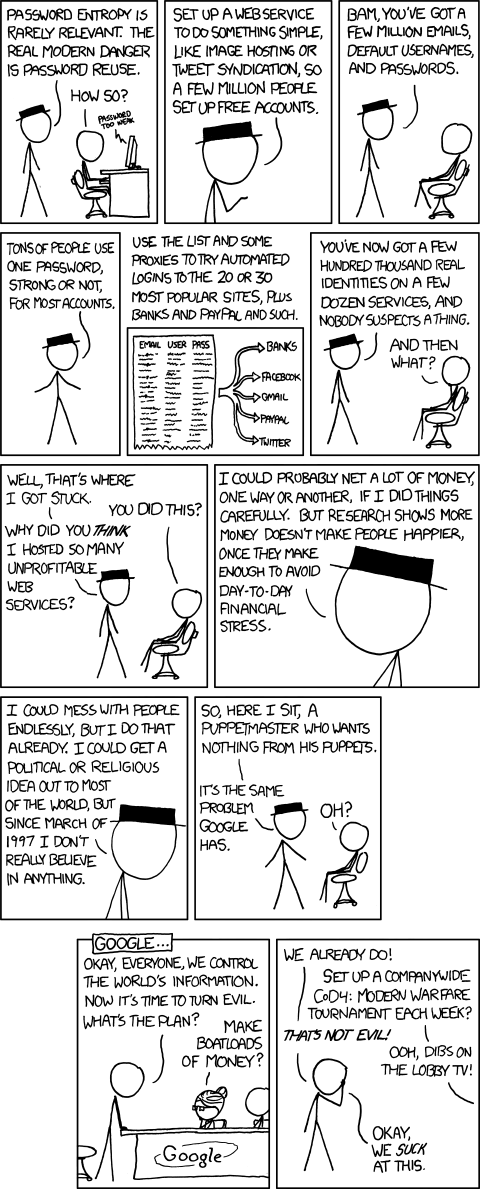Day One of our “New Testament In Context” trip involved flying. Lots of flying. 24 hours of flying with Singapore Airlines (albeit with a stopover in Singapore). I slept a bit, watched a couple of movies I’d been hoping to see (Robin Hood, Kick-Ass, and the A-Team), and tried to avoid deep vein thrombosis. The service on Singapore Airlines was pretty spectacular.
When we arrived in Athens we went from plane to train to automobile. After a few little travel dramas we made it to our accommodation, checked out a cafe in the heart of Old Corinth (next to the archeological dig), and tried to stay awake for dinner. Dessert was a pretty spectacular piece of baklava.
Greece is pretty cool. Toilet paper isn’t allowed to be flushed so all the toilets have little bins next to them. They smell bad. There are stray dogs wandering the streets at every turn. People ride scooters and motorbikes without helmets. The coffee is interesting. I ordered a cappuccino and received some sort of iced coffee with cream and milk that had been whipped in a milkshake maker.
The men gather in the streets after dark to sit in restaurants together. They all look old and stereotypically Greek.
Bruce, our principal, is a minor local celebrity. The lady who owns the restaurant we’re frequenting remembers his name from four years ago.
The souvenir shops have cool Greek helmets and stuff. I want to buy one to wear to Presbyterian Assembly in a few years.
I’m putting photos in this gallery on Picasa, and I’ll post some stuff about how Corinth fits in with the New Testament in subsequent posts.
We had lunch courtesy of the Orthodox Bishop of Corinth yesterday, it was amazing. The bishop looks a lot like Kutz’s dad, so I took a photo.
Here’s a little piece of Biblical “lost in translation”…



